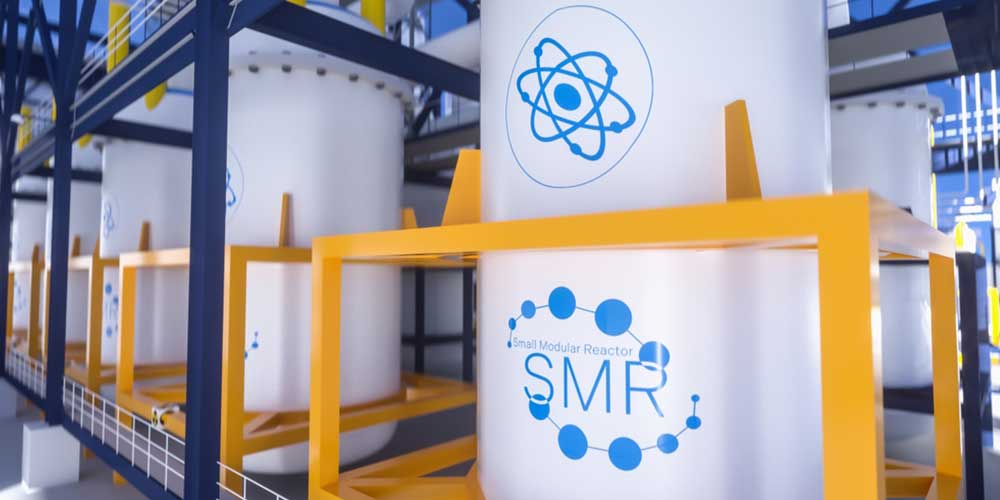Feb. 12, 2022 – The failure of a nuclear reactor to come back online in the Netherlands is posing medical radioisotope shortages worldwide. In response, the University of Missouri Research Reactor (MURR) is attempting to help alleviate supply chain challenges.
Imaging Technology News reports:
MURR is currently the sole producer of molybdenum-99 (Mo-99), iodine-133 (I-131), and lutetium-177 (Lu-177) in the United States, all of which are used for medical diagnoses or treatment of cancer and other disease.
…Mo-99 is the “parent” of technetium-99m, the most widely used radioisotope for medical imaging. I-131 is highly effective in treating thyroid cancer, the most rapidly increasing cancer in the U.S. and the most common cancer in women ages 20 to 34. Lu‑177 is a newer therapy approved by the FDA to treat neuroendocrine tumors (NETS) and has been shown in recent clinical trials to be effective in treating metastatic castrate-resistant prostate cancer.
This is not the first time MURR has helped boost the international supply of radioisotopes. In early 2014, the facility postponed its regularly scheduled maintenance in order to stay online and maintain production during another international supply chain disruption. Robertson anticipates MURR also will maintain its increased production levels throughout the duration of the reactor shutdown in Europe, which is undetermined at this time.
According to the World Nuclear Association, “…the world’s supply of Mo-99 comes from just six reactors, five of which are over 50 years old.”





